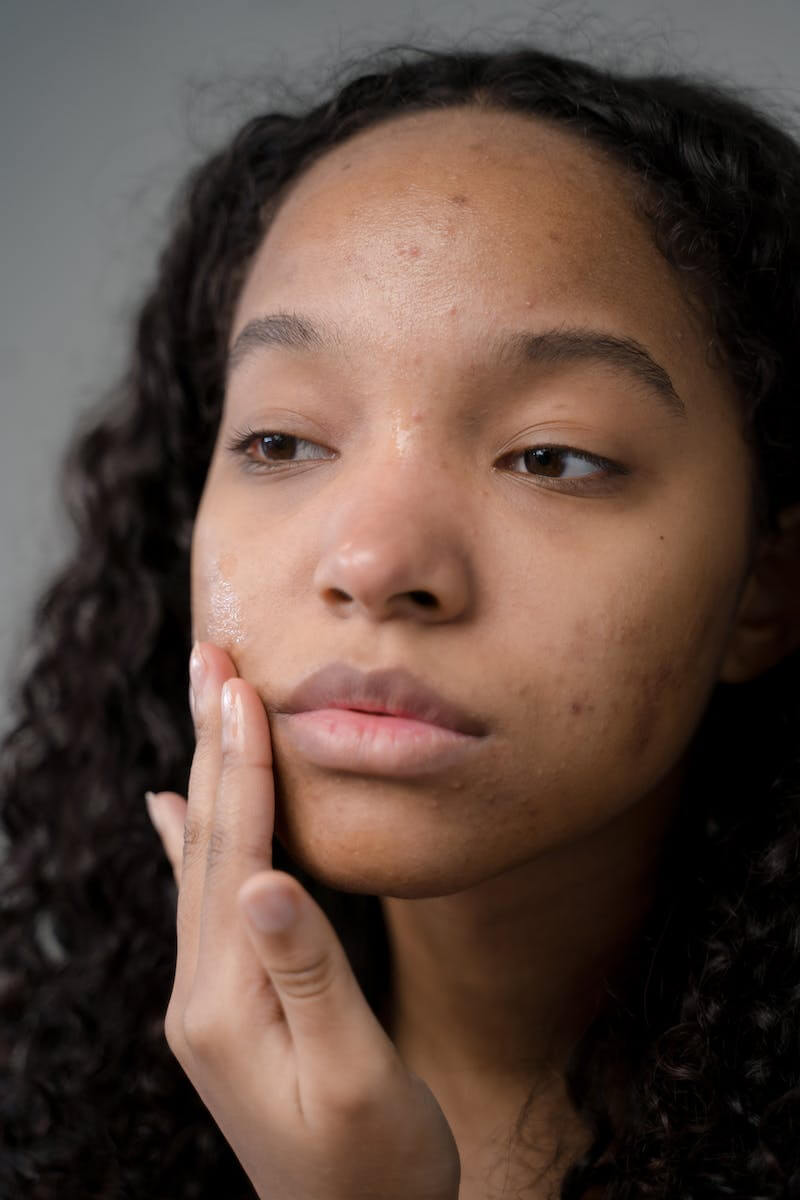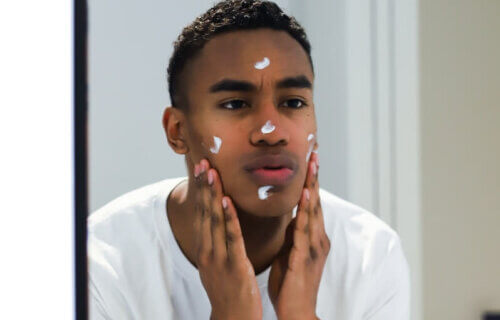BOSTON — People with acne, particularly those with darker skin tones and more severe cases, face significant stigma in both social and professional settings, a new study explains. This research underscores the necessity of finding ways to diminish these negative attitudes and improve access to care.
“Our findings show that stigmatizing attitudes about acne can impair quality of life, potentially by affecting personal relationships and employment opportunities,” says the study’s corresponding author, Dr. John Barbieri from Brigham and Women’s Hospital, in a media release.
“Acne is often wrongly perceived as merely a cosmetic issue. It’s important that people with this medical problem get access to treatment, just like any other condition.”
The researchers note that acne is a common experience for most teenagers and many adults. While previous research has focused on the psychological effects of acne, the public’s perception and attitudes have been less explored.
For the study, the team used stock photos of four adults, both men and women, with light or dark skin tones. These images were digitally modified to depict mild and severe acne, resulting in 12 different portraits. An online survey of over 1,300 participants then evaluated reactions to these images, assessing stigmatizing attitudes.
The survey reveals that participants were less inclined to form friendships, engage in close contact, or share photos on social media with individuals who had severe acne. The desire for social distancing was more pronounced towards those with acne and darker skin tones.

Additionally, respondents were more likely to associate negative stereotypes with people having severe acne, perceiving them as unhygienic, unattractive, unintelligent, and untrustworthy. This stereotype endorsement was even stronger for individuals with darker skin.
Interestingly, participants with a history of acne showed less stigmatizing attitudes and only about 26.4 percent viewed acne as merely a cosmetic issue. The team emphasizes the need for further research to understand if the link between darker skin tones and stigmatizing attitudes stems from underlying structural racism or other factors.
“Many insurers poorly cover acne and rosacea treatments, claiming that it’s cosmetic. Our study highlights the need for that narrative to change and for identifying approaches to reduce stigmatizing attitudes in the community,” Dr. Barbieri adds.
The research is published in JAMA Dermatology.
You might also be interested in:
- Best Acne Spot Treatments: Top 5 Products Most Recommended By Skincare Experts
- Best Pimple Patches: Top 5 Acne Products Most Recommended By Experts
- Best Teas For Acne: Top 7 Blends Most Recommended By Experts
South West News Service writer Stephen Beech contributed to this report.

